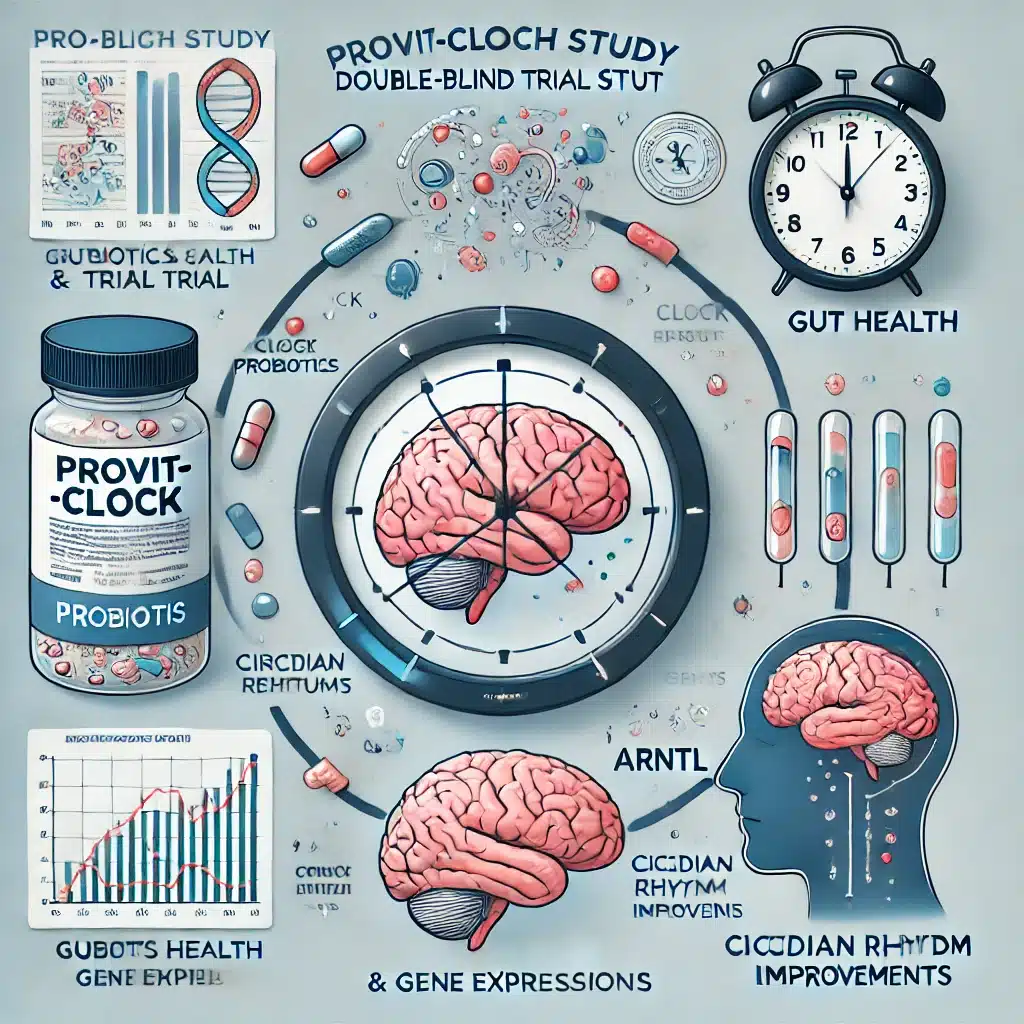Sleep Patterns vs. Risk of Psychiatric Disorders: Depression, Schizophrenia, ADHD (2024 Study)
Insomnia and daytime napping are causally associated with an increased risk of major depressive disorder (MDD), while sleep duration influences the risk of schizophrenia and attention-deficit/hyperactivity disorder (ADHD). Highlights: Major Depressive Disorder (MDD): Insomnia and napping during the day significantly increase the risk of MDD. Schizophrenia: Longer sleep duration is associated with a higher risk …










